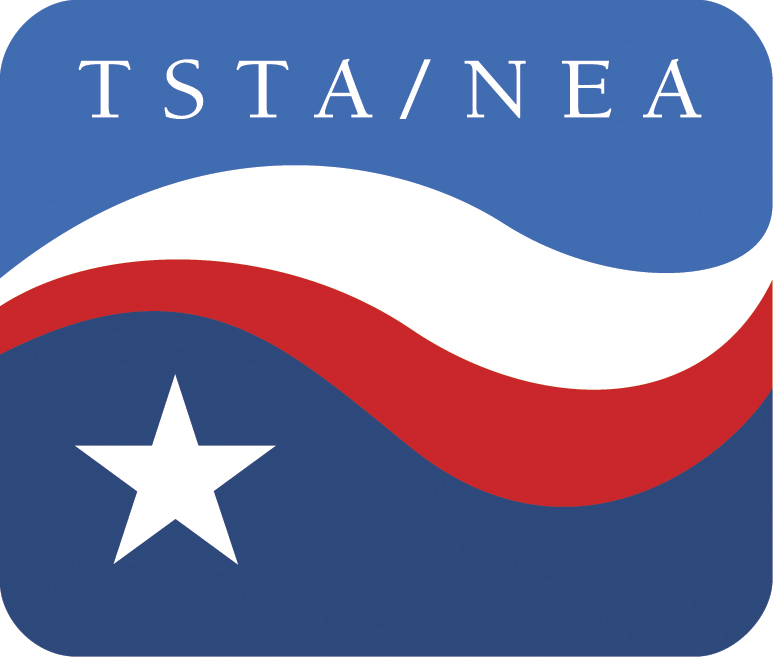The gift of free public schools for all comers
I long have thought the pledge of allegiance to the Texas flag is technically wrong. I mean that part about our state being “indivisible.” The congressional resolution under which Texas was admitted to the Union in 1845 provides that Texas, if it chooses, can divide itself into as many as five states, although that never will happen.
Shanna Peeples – a high school English teacher and TSTA member from Amarillo who also is the new National Teacher of the Year – has a different take on what the word “indivisible” means in the pledge, at least what it means for our public schools. And, I like her interpretation.
In a speech to TSTA’s House of Delegates meeting a few weeks ago in Frisco, Shanna said, “We don’t separate people into groups that are more deserving than others.”
That means Texas’ public schools, as required by the state constitution, offer free educations to all children, regardless of income, ability, race, native language or citizenship. As we often say at TSTA, we don’t have standardized kids in our classrooms.
But we do have thousands of dedicated teachers and other school employees who are making a difference in children’s lives every day, despite under-funding, counterproductive privatization experiments and other obstacles erected by some policymakers in Washington and Austin who have long since forgotten what the inside of a classroom looks like and are sadly out of touch with students’ needs.
Shanna Peeples is one of those dedicated professionals and will be recognized by President Obama in a ceremony at the White House tomorrow.
Shanna teaches at Palo Duro High School, where the vast majority of students live in poverty and many are immigrants from such diverse countries as Iraq, Cuba, Burma, Somalia and Ethiopia. Many have suffered trauma from wars in their home countries.
While some legislators in Austin have been denying the reality of a more-diverse Texas future by trying to erect more barriers to these children, Shanna and thousands of other Texas educators have been working to enhance that future by making a positive difference in all of their students’ lives –from whatever background or ability level.
Our public school system is “our culture’s greatest gift to the world,” Shanna told her TSTA colleagues, all of whom are working to keep it that way.

